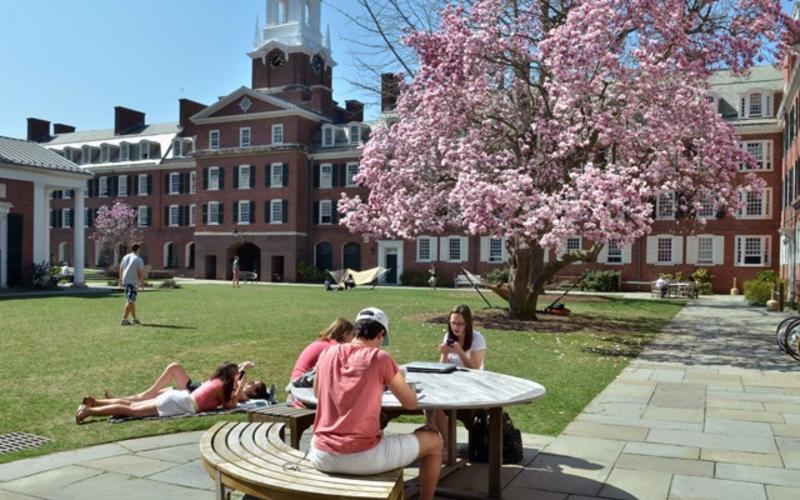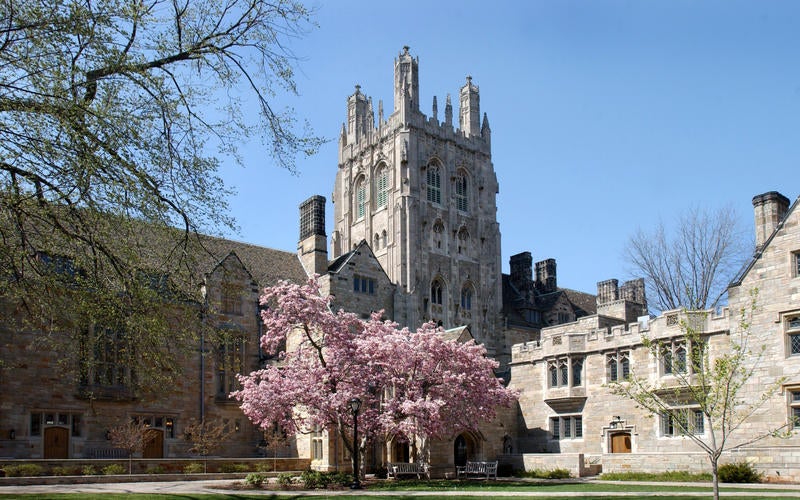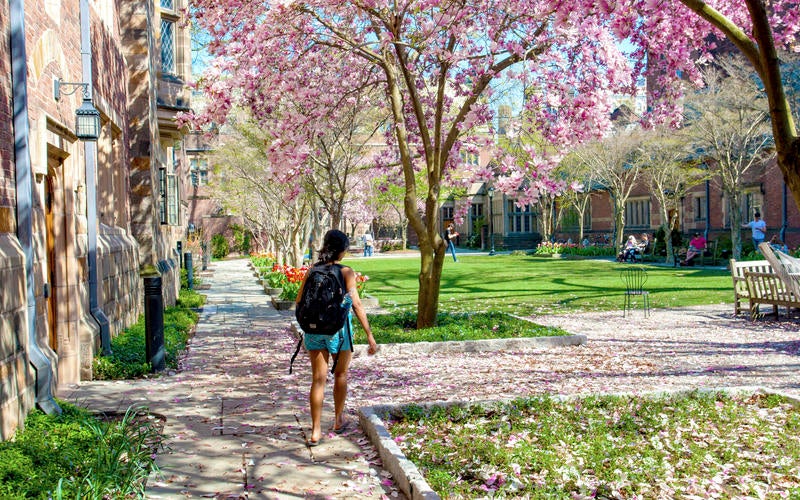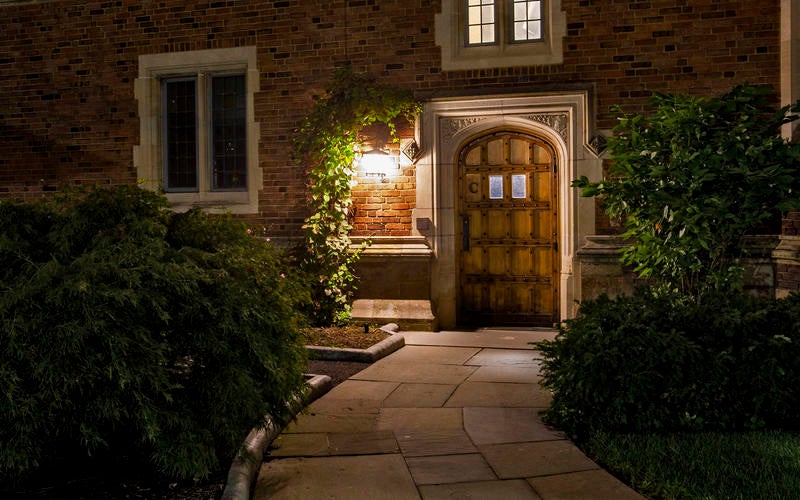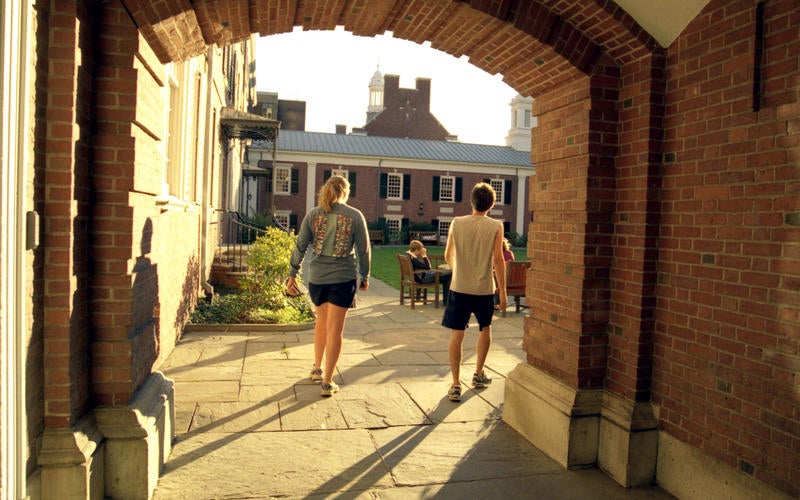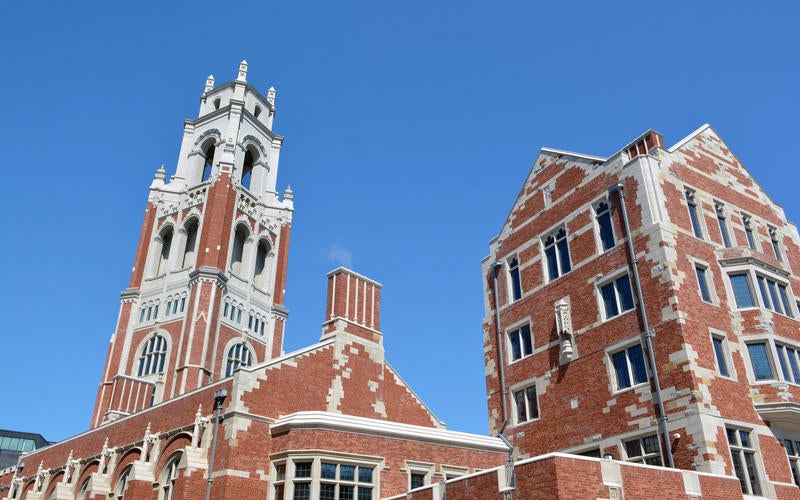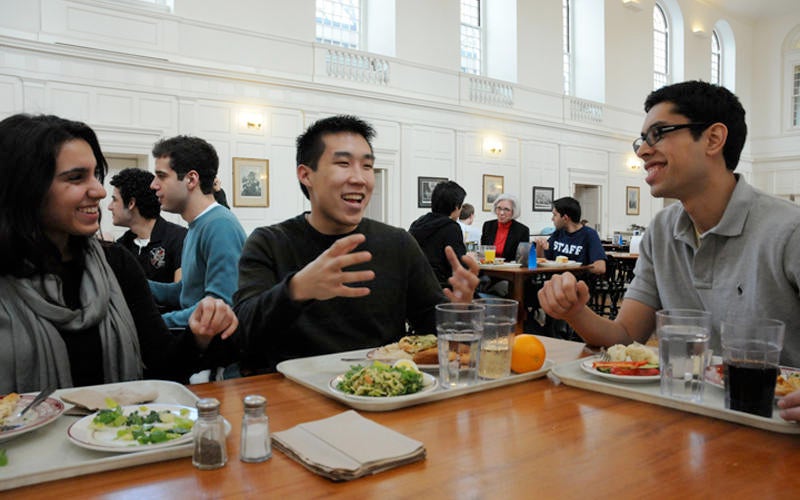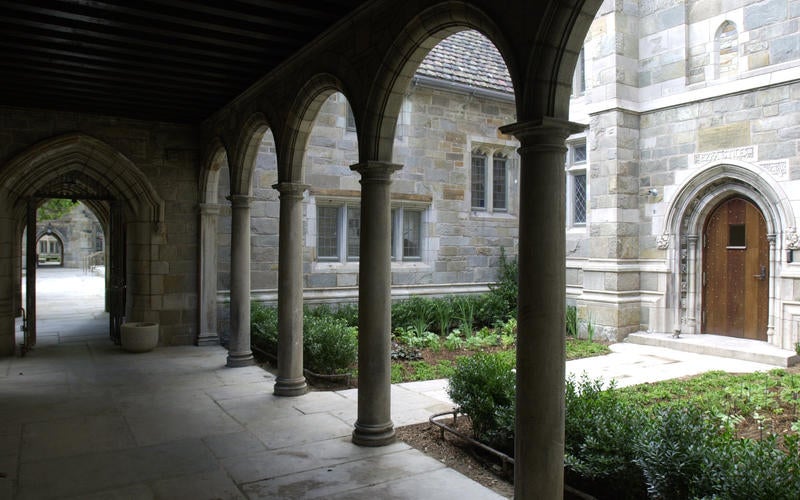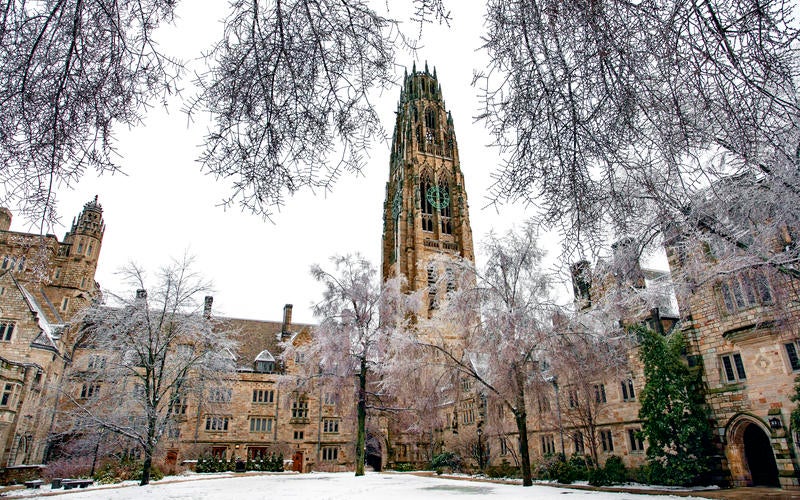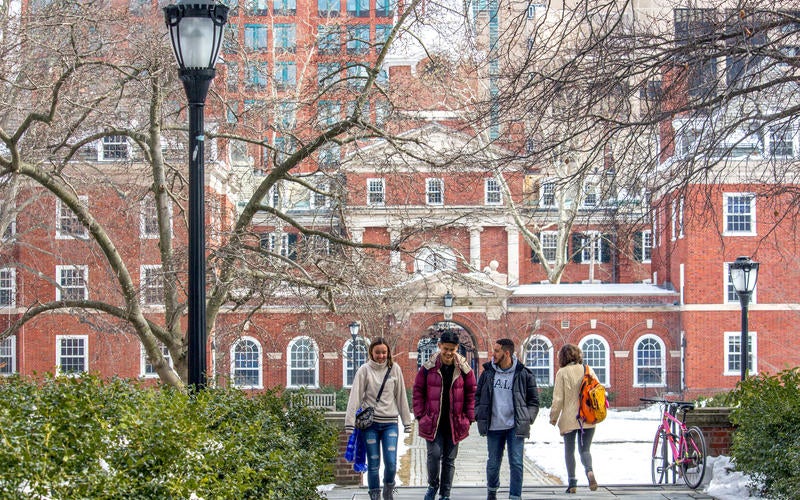Fourteen Colleges. One Yale.
Yale's Residential Colleges
The Residential College housing system is at the heart of the Yale experience. Before arriving on campus, each first-year student is randomly assigned to one of fourteen residential colleges, giving Yalies a built-in community from the moment they arrive. Most Yale students quickly become convinced that their residential college is the best. Each close-knit community, housed in stunning buildings centered on a green courtyard, serves as a microcosm of Yale’s diverse student population, while preserving the intimacy of a smaller college experience.
Now more than 75 years old, Yale’s residential college system is perhaps the most distinctive feature of undergraduate life at Yale. It provides a built-in, tight-knit family for students from the moment they arrive, blending diversity, camaraderie, and pride for one’s residential community.
Big & Small
Far more than just dormitories, Yale’s residential colleges serve as a home away from home for students. Each college has its own library, gym, dining hall, and activity spaces – from movie theatres and recording studios to basketball courts and printing presses – all housed in distinctive, stunning buildings that center around grassy courtyards.
The term “college” can be misleading. Yale’s residential colleges have nothing to do with majors. Instead, all students are randomly assigned to a college before they even arrive on campus and spend all four years living alongside that cohort. Each college creates a microcosm of the undergraduate student body, blending the cohesiveness and intimacy of a small school with the vibrancy and resources of a world-class university.
Diversity & Community
The colleges provide an exceptional opportunity to meet and learn from students with different interests – people students might not otherwise encounter in their courses or extracurricular activities. Many students form their closest and most enduring friendships through their college, though students can choose to engage in residential college life as much as they like.
The colleges also bring together faculty and students to form an integrated support system. Each college hosts guest speakers, fellowships, and cultural events. With programs of formal advising, seminars, and activities that encourage students’ extracurricular interests, the colleges create a dynamic bridge between academic and social life.
Residential Colleges Defined
Head and Dean: The Head of the College and Dean of the College are senior faculty and administrators who live in the college, eat meals with students in the dining hall, and serve as the college’s leaders.
Buttery: In the basement of each college is a snack bar that sells cheap food late at night. It often serves as a gathering place for students in the college to take a break from working.
College Tea: Each Head of College hosts afternoon teas throughout the year at which students can gather in small groups to interact with a guest speaker. Some recent guests include Denzel Washington, Brian Williams, R.L. Stein, Chris “Ludacris” Bridges, and Whoopi Goldberg.
Study Break: College Heads and Deans make sure students take plenty of breaks from studying, so during finals time they host nightly study breaks in their homes with plenty of food.
Dining Hall: Each college has its own dining hall where students eat. In addition, each college has its own library, gym, TV room, music practice room, and other facilities like theaters.
Tyng Cup: Each college competes against all others in over thirty intramural sports, ranging from soccer to ping pong. The college that performs the best gets the coveted Tyng Cup.
